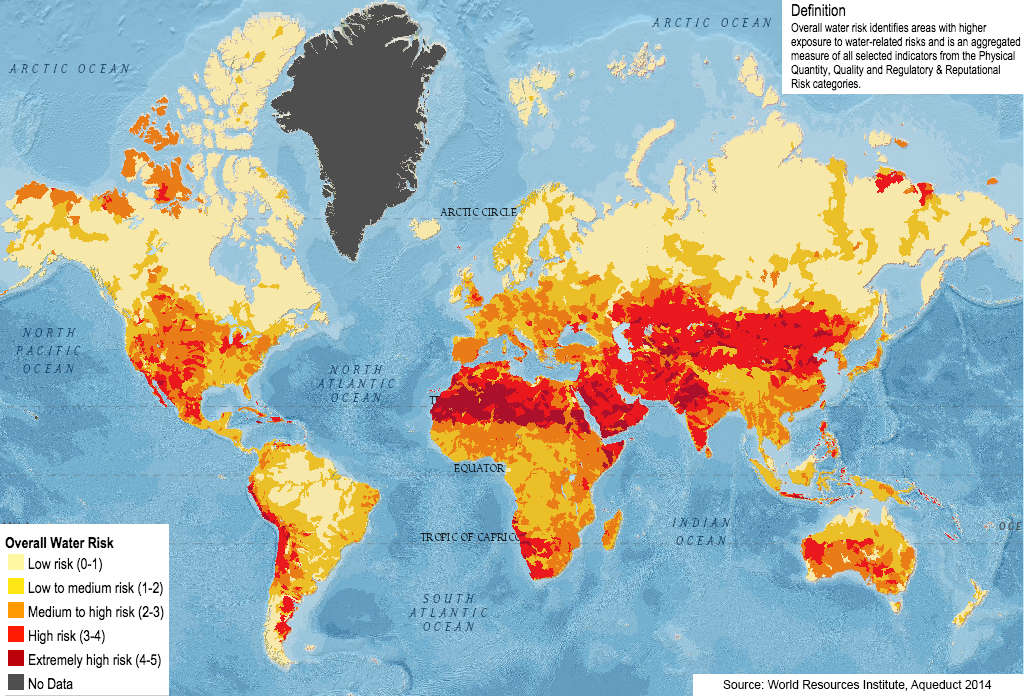
Water security is a critical concern for industries worldwide, particularly in the petrochemical sector where access to clean water is essential for various processes. Petrochemical advancements have played a significant role in improving water security by introducing innovative solutions for water management and conservation.
Petrochemical Advances in Water Treatment
Petrochemical companies have developed advanced water treatment technologies to address the challenges associated with water scarcity and pollution. These advancements aim to optimize water consumption, reduce contamination, and ensure the safe discharge of wastewater.
One notable breakthrough is the use of membrane filtration techniques in water treatment processes. Petrochemical facilities employ reverse osmosis, ultrafiltration, and nanofiltration membranes to remove impurities and contaminants from water sources. These membranes effectively eliminate pollutants, microbes, and salts, resulting in clean water that can be reused or safely discharged into the environment.
Innovative Water Conservation Practices
Petrochemical advancements have also promoted efficient water management practices to minimize water consumption and minimize the environmental impact of petrochemical operations.
One such solution is the implementation of closed-loop systems that enable the recycling and reuse of water within petrochemical facilities. These systems capture and treat wastewater generated during production processes, purifying it for reuse in various operations. By reducing dependence on freshwater sources, closed-loop systems contribute to long-term water sustainability and minimize the strain on local water supplies.
Another innovative practice is the utilization of advanced monitoring and control systems. Petrochemical companies have incorporated state-of-the-art sensors, automation technologies, and data analytics to optimize water usage. These systems allow real-time monitoring of water quality, consumption, and leaks, enabling prompt detection of issues and efficient management of resources.
Partnerships for Water Security
Collaboration between the petrochemical industry and external stakeholders, including governments, local communities, and water management organizations, plays a vital role in ensuring water security.
Petrochemical companies actively engage in partnerships to develop sustainable water management strategies, share best practices, and support research initiatives. By working together, industry leaders and stakeholders can drive innovation and implement effective policies that safeguard water resources for future generations.
Conclusion
The petrochemical industry’s ongoing efforts to enhance water security through technological advancements and sustainable practices are commendable. With continuous innovation and collaboration, petrochemical companies are contributing to the preservation of freshwater resources and mitigating the risks associated with water scarcity and pollution. These solutions not only benefit the industry but also have far-reaching positive impacts on the environment and the communities they operate in.
Safeguarding water security should remain a top priority for all industries, and the petrochemical sector’s progress serves as an inspiration for other sectors to explore similar sustainable practices in their operations.





